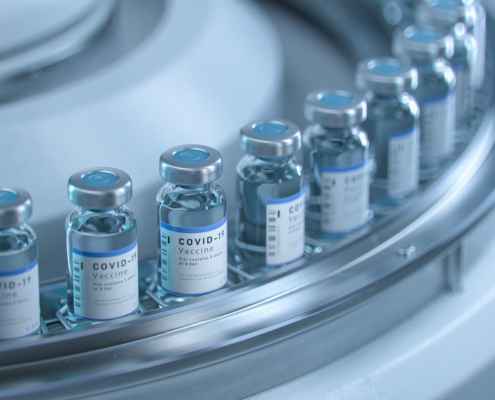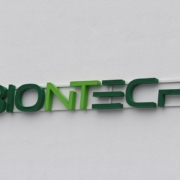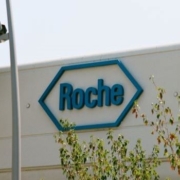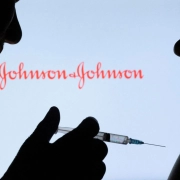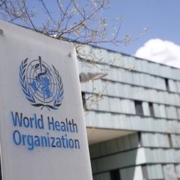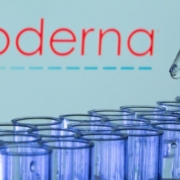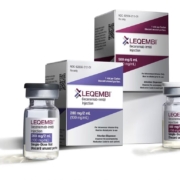COVID-19 and Vaccine Safety Brings Pharmacovigilance Center Stage
COVID-19 and Vaccine Safety Brings Pharmacovigilance Center Stage
By Beena Wood, VP of safety at ArisGlobal
Pharmacovigilance, the industry term for drug safety, was unfamiliar to most of the general public before March 2020. But as the coronavirus pandemic unfolded, its rapid spread thrust drug safety into the spotlight. The public is more aware of drug safety and health regulators’ role than ever — and as the demand for pharmacovigilance (PV) information rises, the industry has had to find ways to keep up.
Prior to COVID-19, people tended to be most interested in novel medicines. They sought out news reports and medical journal articles about the latest clinical trials and promising drugs to treat afflictions that had few readily available treatment options. But the rapid COVID-19 vaccine development altered the public’s opinion and perception of pharmaceutical development, making PV one of the most visible phases of the drug lifecycle.
According to a McKinsey study, the acute state of the COVID-19 pandemic in 2020 prompted an unprecedented level of acceleration of regulatory processes and interactions. For instance, regulatory applications for the first human doses of COVID-19-vaccine candidates were processed in less than a week instead of the typical 30 days, increasing public scrutiny of pharmaceutical safety.
Public Perception of COVID-19
A change in public perception due to the coronavirus pandemic was drastic and happened in two ways. The public became heightened to adverse events and increased their expectations at how quickly treatments are brought to market.
The development of the COVID-19 vaccine was able to accelerate largely due to emergency government funding. The use of mRNA had the largest impact on the vaccine’s development timeline, as it eliminated the need to render the virus ineffective before creating the vaccine. Through artificial intelligence (AI) and machine learning (ML), technology then sped up the vaccine process.
Thanks to new technology and previous research, scientists were not starting from scratch. The shortened research and development (R&D) process, from conception through launch, altered the public’s expectations of timeliness and brought drug safety to center stage. Biopharmas and other life science companies have a responsibility to shed light on the processes as more public information will lead to a new, more realistic outlook.
Drug Safety Limelight
As new technology emerges safety teams have continued to face increased complexity. Safety caseloads are growing an average of 15% year-over-year, and COVID-19 added much more to that complexity and volume. Repetitive tasks such as data input and reporting can account for hours in a day, taking the safety team’s focus away from other high value operations. By implementing AI and Automation, safety teams can enhance performance and keep up with the ever-changing regulatory demands while keeping costs low. According to the 2021 ArisGlobal State of the Industry report, 59% of survey respondents said their intake and triage efforts would significantly benefit from automation.
Benefits of safety automation include:
- Adverse event case management: Much of the pressure can be alleviated with automation by organizing and analyzing adverse event data.
- Aggregate reporting: Automation can compile large amounts of data, especially data produced by a global vaccine. That data can be summed up in reports in an easy-to-read and understandable pattern.
- Signal intelligence and risk management: Automation especially when combined with insights from Real World Data increases the efficiency of signal intelligence and risk management by enabling deep pattern detection impossible for the human eye to process in such large quantities.
By enhancing drug safety with automation, the public can gain more insight into its data and findings, reducing any hesitancy of the vaccine. And as expectations rise, PV will continue to be an evident phase in drug development.
| Beena Wood has been in the Information technology space building products for over 26 years, with experience across multiple domains. She has led Engineering as well as Product Management teams. She comes from Oracle where she was in the Pharmacovigilance space for over 15 years, leading their Argus Safety Product Management teams, and most recently from Anju Software leading their Medical Affairs space, and loves building solutions to keep patients safe. |

